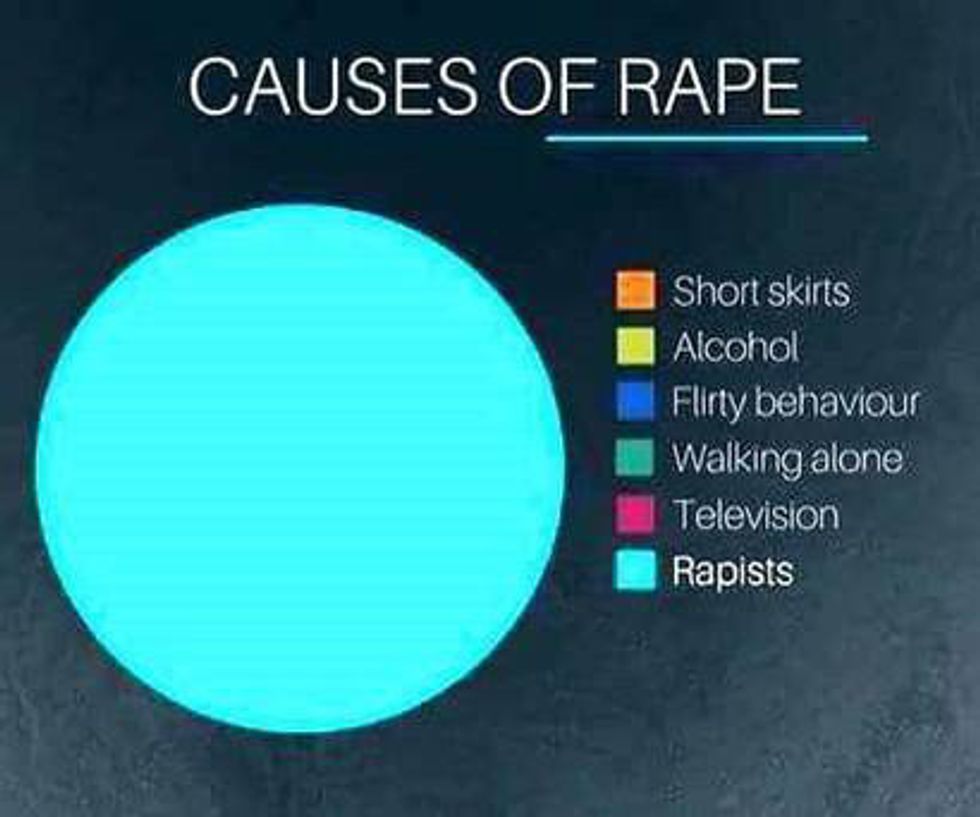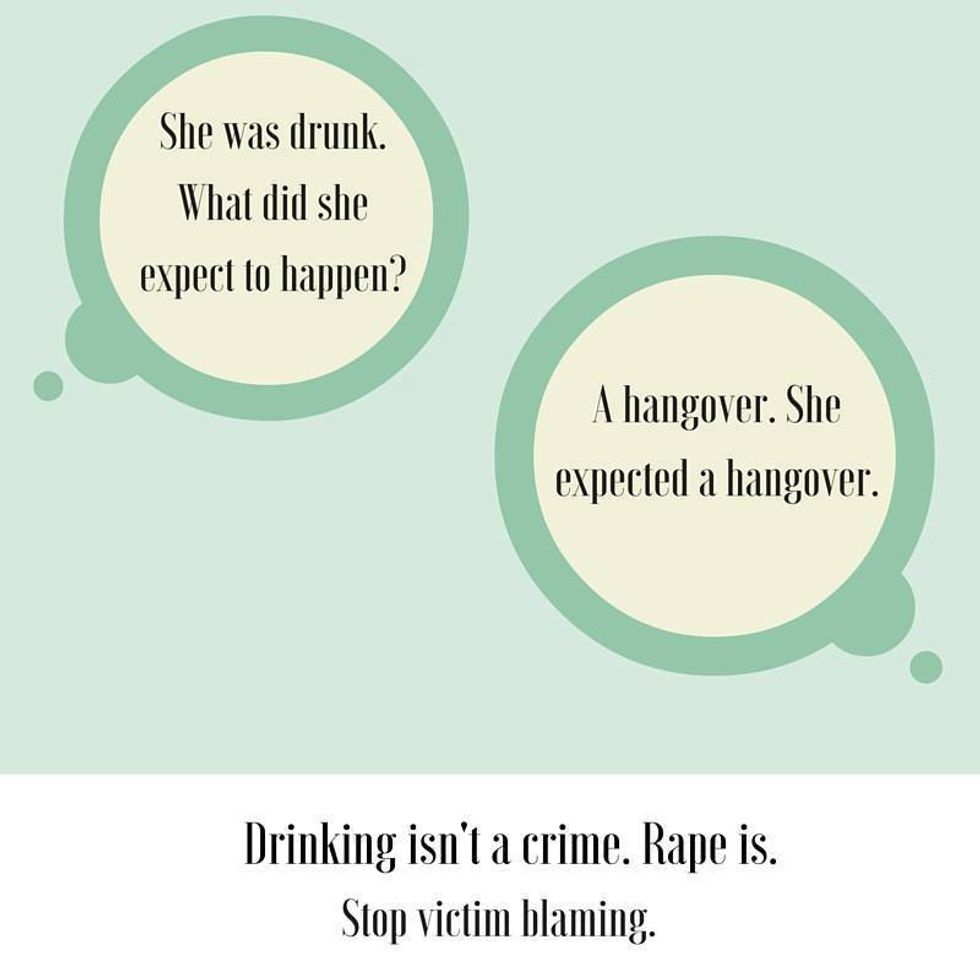For the second week in a row, I have decided to write about a current event. If you have spent any time on social media or watching the news recently, you most likely have heard about the Stanford Rape Case. In January of 2015, a 20-year-old male by the name of Brock Turner was discovered raping an unconscious woman behind a dumpster. Unfortunately, I did not become familiar with the case until just recently when Turner was sentenced to a mere six months in prison for the charges held against him, with a guaranteed release after three months if he displays good behavior throughout his incarceration. Mind you, the maximum sentencing for the charges Brock Turner obtained adds up to a total of 14 years. Upon hearing about the sentencing, I did my research on the case and became rather disgusted by how this country portrays rape. In this article, I plan to outline the highlights of this case and how it sends a very poor message to society regarding the seriousness and repercussions associated with rape.
Recommended for you
The lenient sentencing of six months in prison just further demonstrates how flawed and in need of reform our justice system is. The judge's ideal behind his decision was that a sentencing of anything more than six months would have a severe impact on Brock Turner's life. What about the victim? Did he consider that Turner's actions have a severe impact on her life? My guess is that he did consider this, as any judge would, but the ideal clearly did not weigh too heavily on his mind based on his ultimate decision. The unjustified sentencing of only six months for a crime that will have a lasting impact on the victim and her family sends such a poor message to both the victims of rape and to the perpetrators of it.
If you have not had the opportunity to read the powerful letter the victim wrote and read to her perpetrator during the proceedings, I highly recommend that you do. In the letter she describes how the event was immensely impactful in her life and continues to be to this day, from not being able to sleep at night, to the embarrassment of unveiling the news of the incident to friends and family, and finally to feeling completely disgusted and betrayed by her own body. It is time that we start taking the incidence of rape more seriously and to start instituting punishment that correlates more accurately with how the perpetrators of it should be dealt with. You can find the complete letter here.
As women we are constantly reminded to appreciate, respect, and value ourselves and our bodies. We receive these messages through television, such as in Dove commercials, and we see it on Facebook and Instagram where certain groups post with the sole purpose of promoting positive body image. With that being said, when something has horrendous as this rape case occurs and we see how lightly it is taken, it basically undermines all of those principles mentioned above. It sends the message that violation of your body without your permission is only permissible to six months in prison when you yourself have undergone years of suffering because of it. For the perpetrators, this instills the horrible notion that you can rape someone and only serve half a year in prison as punishment. If the punishment is so light, then what really stops a rapist from raping someone? Is this really the world that we want our sisters, mothers, daughters, nieces, and friends living in?
What probably bothered me the most when becoming familiar with the case was that the fact that the victim was intoxicated was continually brought up in conversation. For those of you who are not aware, women do not go and have drinks with the hope of being raped. I know that it was mentioned by Turner that the victim was rubbing his back during the party they were attending and that he may have taken this as consent for what occurred later on. Rubbing someone's back does not correspond with wanting to have sex just as women do not expect to be raped when they wear a short skirt. She wanted to wear a short skirt because she thought it was cute, not to be violated against her wishes. She had some drinks because she wanted to have a good time with her friends, not because she wanted to be blacked out behind a dumpster. This Scottish commercial is aimed at tackling women-blaming attitudes regarding rape. You can find it here.
We must stop blaming the victim and instead start asking why the perpetrator thought he had the right to rape. It should never matter if the victim was wearing a tight dress and a lot of makeup, or if she was slurring her words from having one too many drinks. Any decent man would know that being drunk is never a valid excuse to rape someone. It is 2016 and yet we are still blaming the victims of rape for something they wore, did, or said that might have caused the perpetrator to "lose control." Instead, we need to start instituting punishments that are suitable for the pain inflicted upon the victim. Since when do we prioritize the best interest over the perpetrator of rape over the victim? It is my hope that the Stanford Rape Case will at least present an opportunity for our society to really take a step back and realize how idiotically our society handles rape and to make the appropriate changes to ensure a safer, more just environment for rape victims and to instill more suitable punishments for the perpetrators.





















